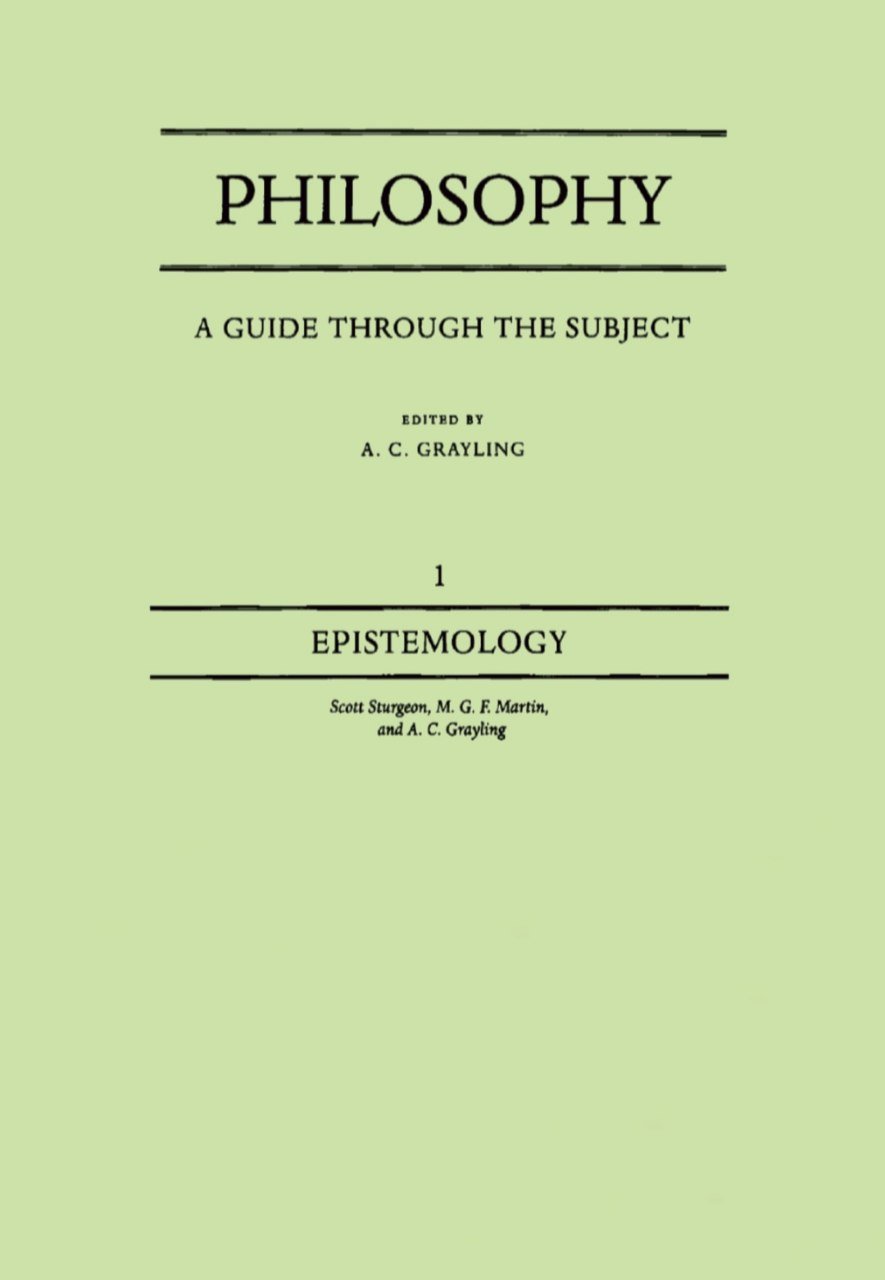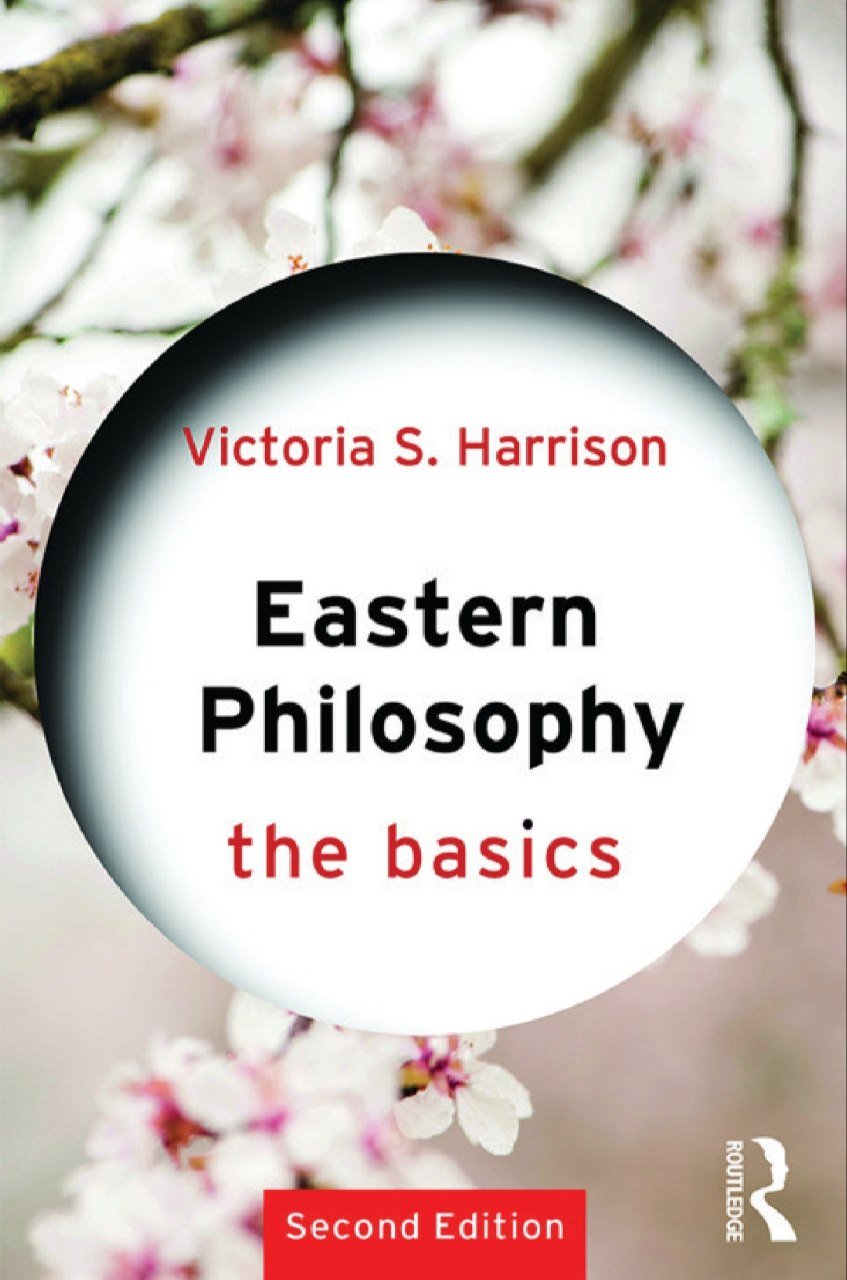

Phenomenology of Suicide: Unlocking the Suicidal Mind
Reviews
No review yet. Be the first to review this book!
Description
Phenomenology of Suicide: Unlocking the Suicidal Mind, edited by Maurizio Pompili, is an in-depth, multidisciplinary exploration of the subjective experience of suicidality. The book takes a phenomenological approach, seeking to understand the lived experiences, thoughts, emotions, and mental states of individuals contemplating or engaging in suicidal behavior. Rather than reducing suicide to clinical diagnoses or sociological statistics, it focuses on understanding the inner world of the suicidal individual. Pompili, a renowned suicidologist and psychiatrist, brings together contributions from experts in psychiatry, psychology, philosophy, and phenomenology. The book bridges clinical practice with philosophical inquiry, aiming to grasp the complexity and uniqueness of each person’s suicidal ideation. It argues that to effectively prevent suicide, mental health professionals must move beyond objective symptom checklists and instead adopt a compassionate understanding of the personal narratives and existential crises faced by those at risk. The text covers key themes such as hopelessness, perceived burdensomeness, loss of meaning, psychological pain (psychache), and social isolation—all core elements in the experience of suicidality. It also addresses cultural and ethical dimensions, exploring how different societies interpret and respond to suicide. One of the book’s central claims is that suicide is not merely an act of despair but often a response to an overwhelming sense of disconnection and a perceived inability to continue living under present conditions. It emphasizes empathy and therapeutic alliance as crucial in suicide prevention, advocating for clinicians to engage deeply with the subjective realities of their patients. Phenomenology of Suicide ultimately seeks to unlock the suicidal mind by providing insights that foster greater understanding and more humane, individualized care. It is a valuable resource for clinicians, researchers, and students who wish to deepen their comprehension of suicide through a phenomenological lens, offering both theoretical insights and practical guidance for working with suicidal individuals.






 May 03, 2025
May 03, 2025











.jpg)

.jpeg)









.png)












.jpg)




.jpg)






.jpg)



.jpg)







.jpeg)
.jpeg)
.jpg)
.jpeg)






.jpg)






.jpg)
.jpeg)


















































